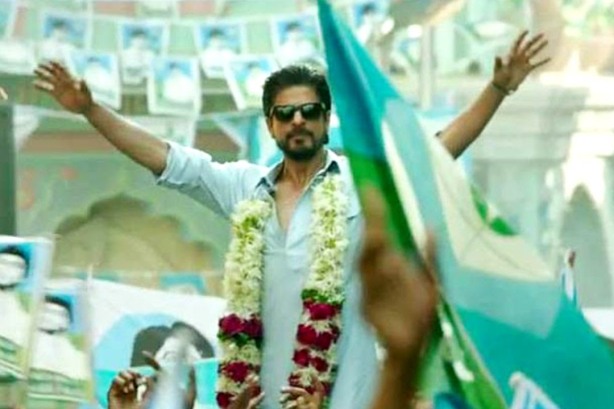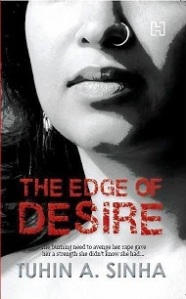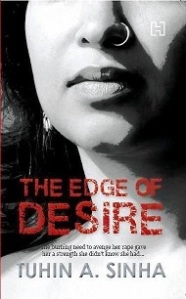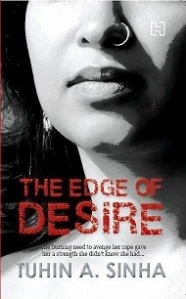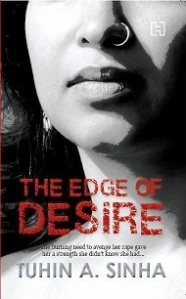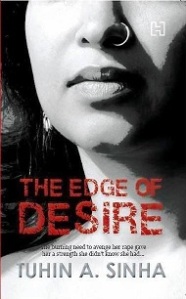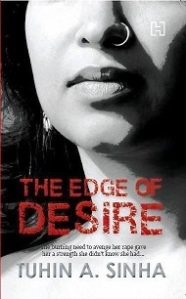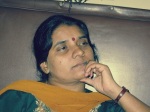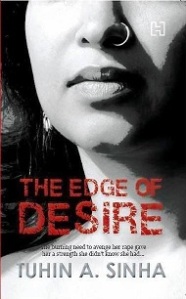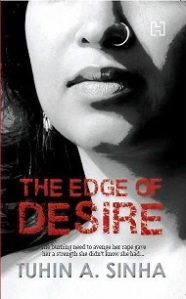We remember Bhimrao Ambedkar as the father of our Constitution and the messiah who worked relentlessly for uplift-ment of Dailts and weaker sections of society. However, what distinguishes Ambedkar from other Dalit icons is a rare nationalist foresight which he showed at different stages of his career.
Following is an excerpt from my political thriller, The Edge of Desire, released in 2012. Here, Sharad Malviya is a top leader of the ruling party, Shruti his protégé. Their conversation in a layered way brings out Ambedkar’s foresight in taking the most crucial decision of his life, just months before his death in 1956.
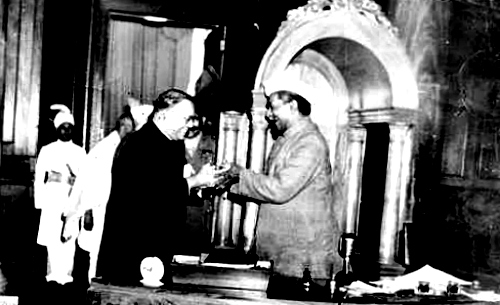
Dr Ambedkar presenting the final draft of the Constitution to Dr Rajendra Prasad
Sharad was in a ruminative state.
‘Shruti, you know, I have the highest regard for Bhim Rao Ambedkar,’ Sharad philosophized.
I looked at him in surprise, wondering where the reference came from.
‘Throughout his life, Ambedkar fought for the rights of Dalits to get them an equal status in the Hindu society, before he finally converted to Buddhism just months before his death in 1956.’
I still couldn’t gather the connection. Sharad though went on. ‘Ambedkar resisted the option of converting to Islam. Had he converted to Islam and done so twenty years before he finally did, India would have been a different story.’
The smile on Sharad’s countenance, even as he took another sip, said a lot.
‘It’s a sad commentary on Hinduism that many sections of Dalits somehow have come closer to Islam and Christianity. They’ve always been soft targets. Even today, it’s the Dalits who are the prime targets for conversion.’
‘Can’t we bridge this gap?’
‘Well, that’s what our Reservation Policy was meant for, except that it has resulted in subsequent generations being more and more conscious of caste distinctions than they used to. I would say the divide hasn’t been reduced.’
It is indeed interesting that Dalit-Muslim invariably becomes a hyphenated term at the time of elections. A strong Dalit leader is expected to draw Muslim support as well and vice versa.
‘History repeats itself and those who do not learn from their mistakes are only condemned to repeat them,’ said Sharad before ceding a piece of information that stunned me: ‘Today we have several popular Dalit leaders. And some of the intelligence reports that we have suggest that one of them is being wooed to convert.’
‘Oh God! And what implications would that have?’
‘Well, some of the supporters may follow suit,’ Sharad said, adding another piece of vital information. ‘It’s an international conspiracy.’ He sipped in more wine before adding, ‘We have to defeat it. Tampering with the country’s demography will ruin it.’
Sharad was mildly inebriated. But knowing him, nothing could blunt the sharpness of his thoughts.
If Ambedkar were alive today, he would be a disappointed man. His legacy goes way beyond the petty regressive of Mayawati or the kind of petty politicization the country has seen of Rohit Vermula’s suicide.
